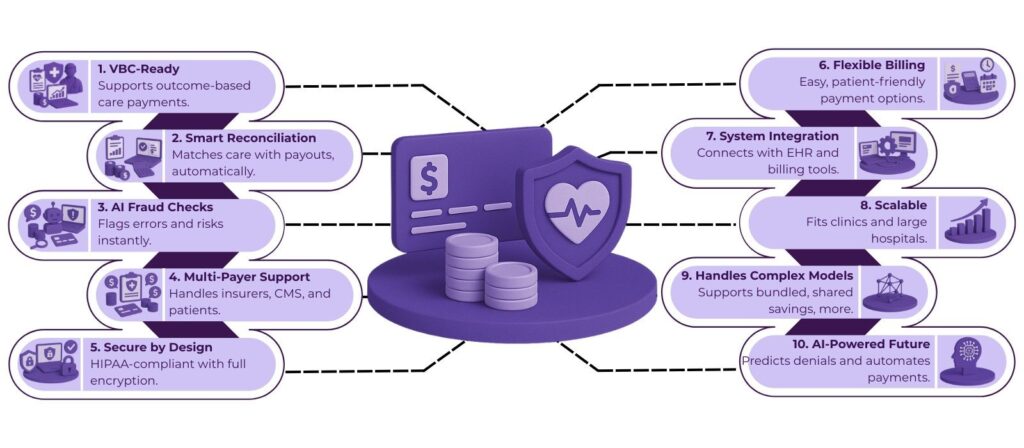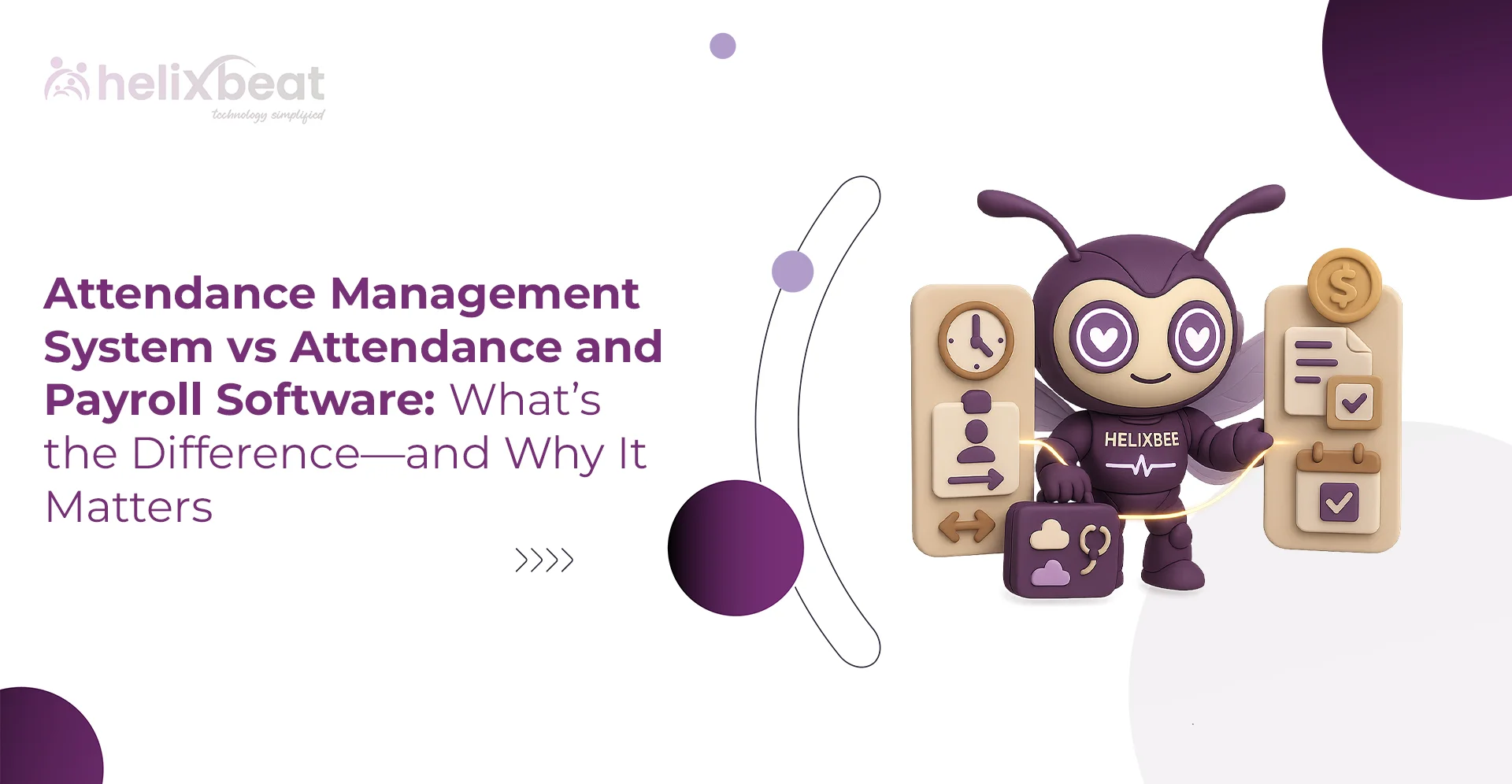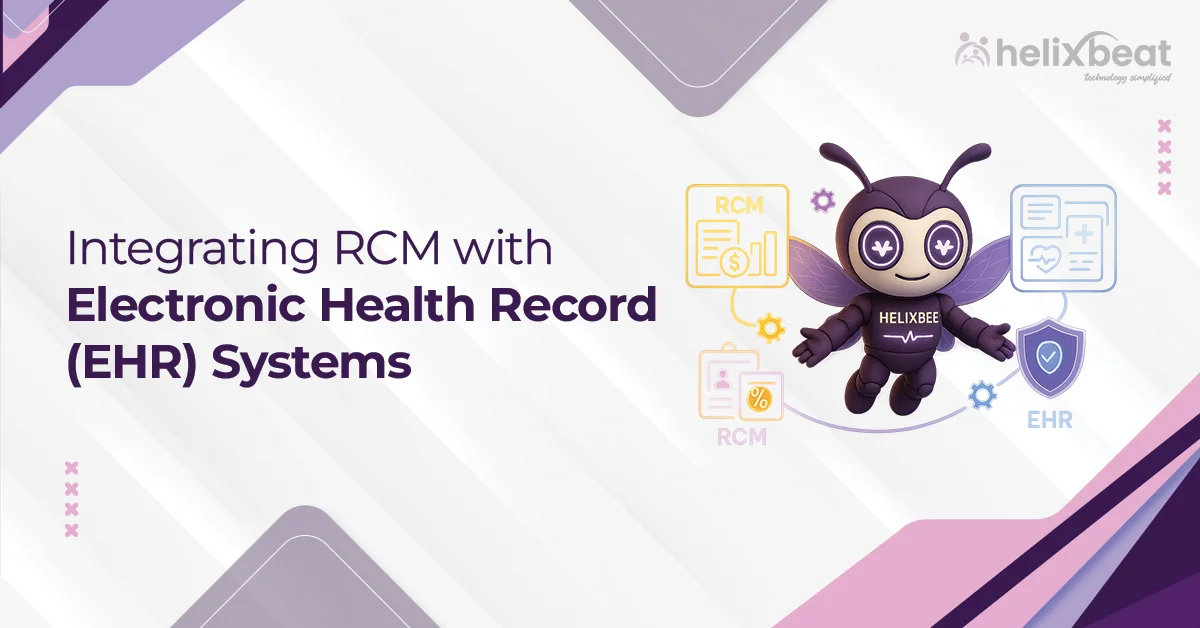Healthcare is shifting from volume to value. Instead of focusing on the number of visits or procedures performed, care providers are being encouraged to prioritize outcomes—reducing hospital readmissions, preventing chronic illness progression, and ensuring patients receive coordinated, efficient care. This approach is known as value-based care.
While the clinical benefits are clear, implementing a value-based care model requires more than just medical expertise. It calls for smarter data use, closer collaboration across specialties, and most importantly, a Healthcare payment solutions that can support performance-based incentives, bundled services, and long-term patient management.
This is where Helixbeat’s Paynova plays a crucial role. Designed specifically for the healthcare industry, Paynova is a secure payment gateway that aligns seamlessly with the goals of value-based care. By supporting flexible reimbursement structures, ensuring data integrity, and integrating with AI-powered analytics, Paynova provides healthcare providers with the tools they need to deliver better care—and get paid accurately and efficiently for it.
In this article, we’ll explain how value-based care works, explore its various models, and examine how Helixbeat’s Paynova enables healthcare organizations to succeed under these new frameworks.

Table of Contents
What is the Value-Based Care Model?
Value-based care (VBC) is a healthcare delivery model where providers, including hospitals and physicians, are paid based on patient health outcomes rather than the volume of services rendered. The goal is to improve the quality of care, enhance patient experiences, and reduce overall healthcare costs.
In traditional fee-for-service (FFS) models, providers are reimbursed based on the quantity of care delivered, which can lead to overutilization and higher costs without necessarily improving patient outcomes. In contrast, value-based care ties payments to performance metrics such as:
- Reduced hospital readmissions
- Improved chronic disease management
- Enhanced preventive care
- Patient satisfaction scores
Providers that meet or exceed these benchmarks are rewarded financially, while those who do not may receive reduced payments.
Why Value-Based Care Matters: Industry Statistics
- According to a report by the Health Care Payment Learning & Action Network (LAN), value-based payment models accounted for nearly 41% of all U.S. healthcare payments in 2022, up from just 23% in 2015. This rapid adoption illustrates the shift toward VBC.
- The Centers for Medicare & Medicaid Services (CMS) estimate that value-based care models could reduce national healthcare spending by over $1 trillion over the next decade by improving efficiency and outcomes.
- Studies show that value-based care programs can reduce hospital readmissions by 15-20% and lower costs for chronic disease management by up to 30%.
These statistics underscore the critical need for healthcare providers to adopt healthcare payment solutions that support the complexity of value-based reimbursement.
Challenges in Payment Processing Under Value-Based Care
While value-based care offers tremendous benefits, it also introduces new complexities for payment processing:
- Payments depend on multifaceted data, including clinical outcomes, patient feedback, and compliance with care protocols.
- Providers must reconcile multiple payers, including government programs, private insurers, and patients, each with different reimbursement rules.
- Ensuring payment integrity is more challenging, requiring accurate verification to prevent overpayments or fraud.
- Security and compliance requirements grow more stringent due to the sensitive nature of healthcare financial and patient data.
Traditional billing systems and generic payment gateways often cannot keep up with these demands, leading to errors, delayed payments, and revenue leakage.
Introducing Paynova: Helixbeat’s Healthcare Payment solutions
Paynova is Helixbeat’s exclusive healthcare payment solutions specifically designed to address the unique needs of healthcare providers operating within value-based care frameworks. Unlike generic payment gateways, Paynova is tailored for healthcare’s regulatory landscape and complex reimbursement models.
Key Features of Paynova
- Multi-Payer Integration: Supports payments from CMS programs, commercial insurers, and patients in a single platform.
- Real-Time Payment Processing: Enables instant reconciliation of payments, claims adjustments, and refunds based on value-based contracts.
- AI-Driven Payment Integrity Solutions: Utilizes machine learning to detect anomalies, flag potential fraud, and ensure claims accuracy.
- Robust Security: Complies with HIPAA to protect patient and payment data.
- Customizable Payment Workflows: Payment Workflows Adapt to different value-based care agreements, including bundled payments, shared savings, and capitation.
- Patient-Centric Billing: Provides flexible, transparent billing and multiple payment options to improve patient satisfaction.
How Helixbeat’s Paynova Supports Value-Based Care Models
Helixbeat’s healthcare payment solutions powered by Paynova directly address the challenges and requirements of value-based care models through the following key capabilities:
1. Enabling Accurate and Transparent Payment Reconciliation
Value-based care requires frequent adjustments to payments based on patient outcomes and compliance. Paynova’s system automates reconciliation by integrating clinical data with financial transactions. This ensures that providers receive payments accurately reflecting care quality metrics, reducing disputes and delayed reimbursements.
2. Strengthening Payment Integrity with AI
Maintaining payment integrity is critical in value-based care to avoid overpayments and fraud. Paynova’s AI-driven analytics continuously monitor claims and payments, identifying suspicious patterns or inconsistencies before they escalate into costly issues. This proactive approach reduces financial risk and supports provider compliance.
3. Securing Sensitive Healthcare Payments
Healthcare transactions involve highly sensitive personal and financial data, necessitating top-tier security. As a secure payment gateway for healthcare, Paynova employs end-to-end encryption, tokenization, and multi-factor authentication. These safeguards not only comply with HIPAA but also protect against data breaches, ensuring patient trust.
4. Simplifying Multi-Payer Payment Management
With value-based care, providers deal with a complex mix of payers, each with unique reimbursement formulas. Paynova consolidates these diverse payment streams into a unified platform, streamlining cash flow management and simplifying revenue cycle operations.
5. Enhancing Patient Engagement with Flexible Payment Options
Value-based care prioritizes patient experience, including how financial interactions are managed. Paynova enables providers to offer multiple payment methods—online portals, mobile payments, and installment plans—making it easier for patients to pay their share promptly, improving collections and satisfaction.
AI Healthcare Payment Solutions: The Future of Payment Integrity
The integration of AI healthcare payment solutions is revolutionizing how providers manage financial workflows. Helixbeat’s Paynova leverages AI healthcare payment solutions to enhance payment accuracy, detect fraud, and automate routine tasks.
- Predictive Analytics: AI models predict payment denials and underpayments, allowing providers to proactively address issues.
- Anomaly Detection: Machine learning algorithms identify unusual payment patterns that may indicate fraud or errors.
- Automated Reconciliation: AI healthcare payment solutions automates matching of claims and payments, reducing manual work and errors.
These AI-driven capabilities improve payment integrity solutions, helping healthcare providers maintain compliance, reduce losses, and allocate resources more effectively in value-based care settings.
Healthcare Payment Solutions for Healthcare Providers: Why Choose Helixbeat?
Healthcare providers face increasing pressure to optimize financial and clinical outcomes simultaneously. Choosing the right healthcare payment solutions for healthcare providers is critical for navigating this complex landscape. Here’s why Helixbeat and its Paynova platform are the preferred choice:
- Industry Expertise: Helixbeat’s deep understanding of healthcare reimbursement and regulatory requirements ensures Paynova is optimized for provider needs.
- Scalability: Paynova supports healthcare organizations of all sizes—from small practices to large hospital systems—scaling with growth and changing payment models.
- Integration: Seamlessly connects with electronic health records (EHR), practice management systems, and payer platforms to ensure smooth data flow.
- Support for Value-Based Models: Built specifically to address the nuances of value-based care, Paynova enables providers to focus on patient outcomes without financial uncertainty.
- Enhanced Security: As a secure payment gateway for healthcare, Paynova meets and exceeds compliance standards to protect data and mitigate risks.
- Improved Patient Engagement: Flexible payment options and clear billing improve patient satisfaction and reduce payment delays.
Health Payment Solutions: Driving the Shift to Value-Based Care
The transition to value-based care requires a fundamental change in how healthcare payments are processed and managed. Traditional healthcare payment solutions lack the agility and sophistication required to support outcome-based reimbursement.
Helixbeat’s Paynova provides comprehensive health payment solutions that empower providers to:
- Automate Payment Workflows: Minimize manual intervention and errors.
- Enhance Payment Accuracy: Ensure payments reflect true care value.
- Protect Patient Data: Maintain trust through stringent security.
- Engage Patients Effectively: Offer transparent, flexible payment experiences.
- Optimize Revenue Cycles: Improve cash flow and reduce denied claims.
This holistic approach is essential for healthcare organizations aiming to succeed in value-based care environments.
Conclusion
As healthcare continues to evolve toward value-based care models, the importance of robust, intelligent, and secure healthcare payment solutions cannot be overstated. Helixbeat’s Paynova stands at the forefront of this transformation, offering a specialized secure payment gateway for healthcare that addresses the unique financial and operational challenges faced by providers.
By integrating advanced AI-driven payment integrity solutions, supporting complex billing arrangements, and prioritizing data security, Paynova enables healthcare organizations to streamline payments, reduce risks, and focus on delivering better patient outcomes. For healthcare providers seeking to navigate the future of care delivery, investing in Helixbeat’s Paynova is a strategic step toward sustainable success in the value-based care era.
People also asking
What are healthcare payment solutions?
Healthcare payment solutions streamline the financial processes between providers, payers, and patients, ensuring accurate, secure, and timely reimbursements.
How does Paynova support value-based care models?
Paynova supports value-based care by enabling outcome-based reimbursements, automating reconciliation, integrating clinical data, and ensuring payment integrity.
Why are traditional billing systems inadequate for value-based care?
Traditional billing systems often lack the flexibility, security, and data integration needed to manage complex reimbursement models tied to patient outcomes.
How does AI improve payment integrity in healthcare?
AI detects anomalies, predicts underpayments, automates reconciliation, and prevents fraud, helping maintain accuracy and compliance in payment workflows.
Is Paynova compliant with healthcare data security standards?
Yes, Paynova complies with HIPAA using end-to-end encryption and multi-factor authentication to protect sensitive data.
Why should healthcare providers choose Helixbeat’s payment solutions?
Helixbeat offers industry-specific expertise, scalable solutions, EHR integration, and tools tailored to value-based care, enhancing both financial and patient outcomes.














